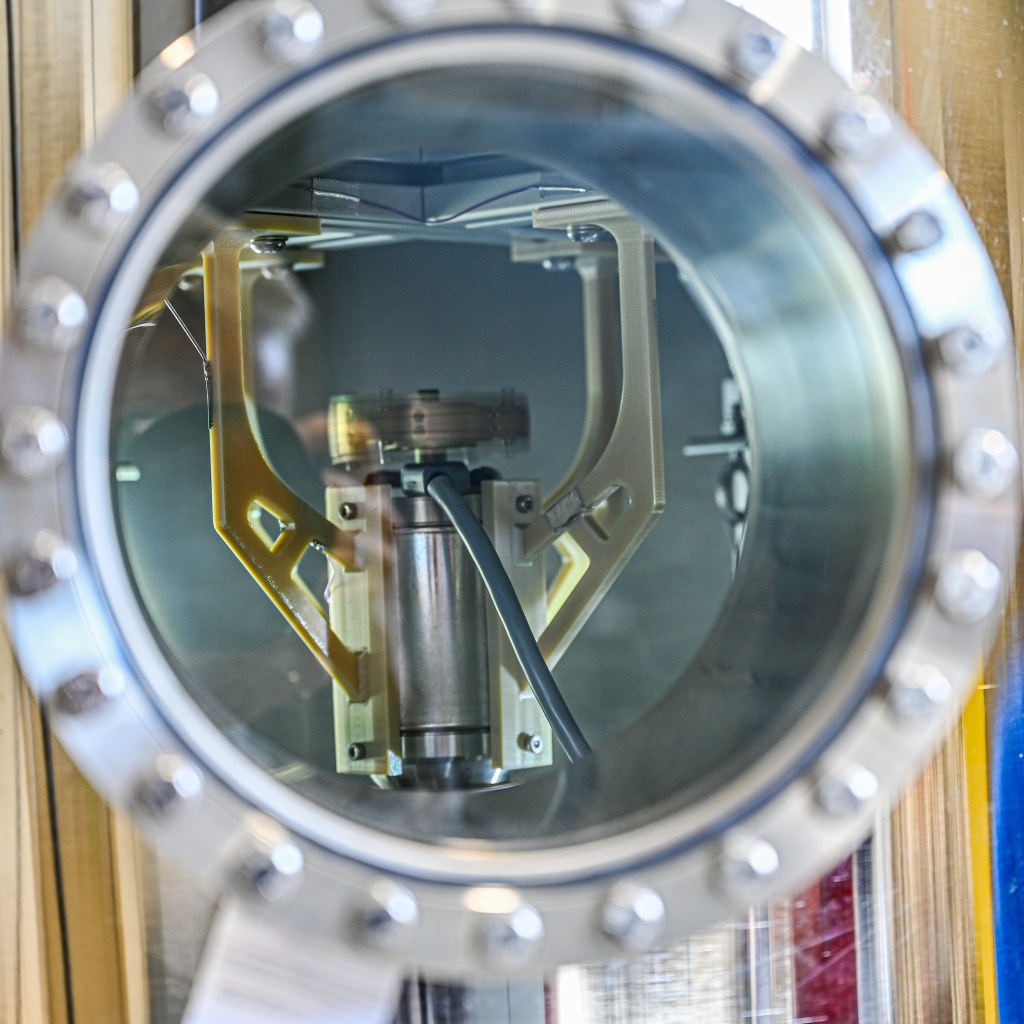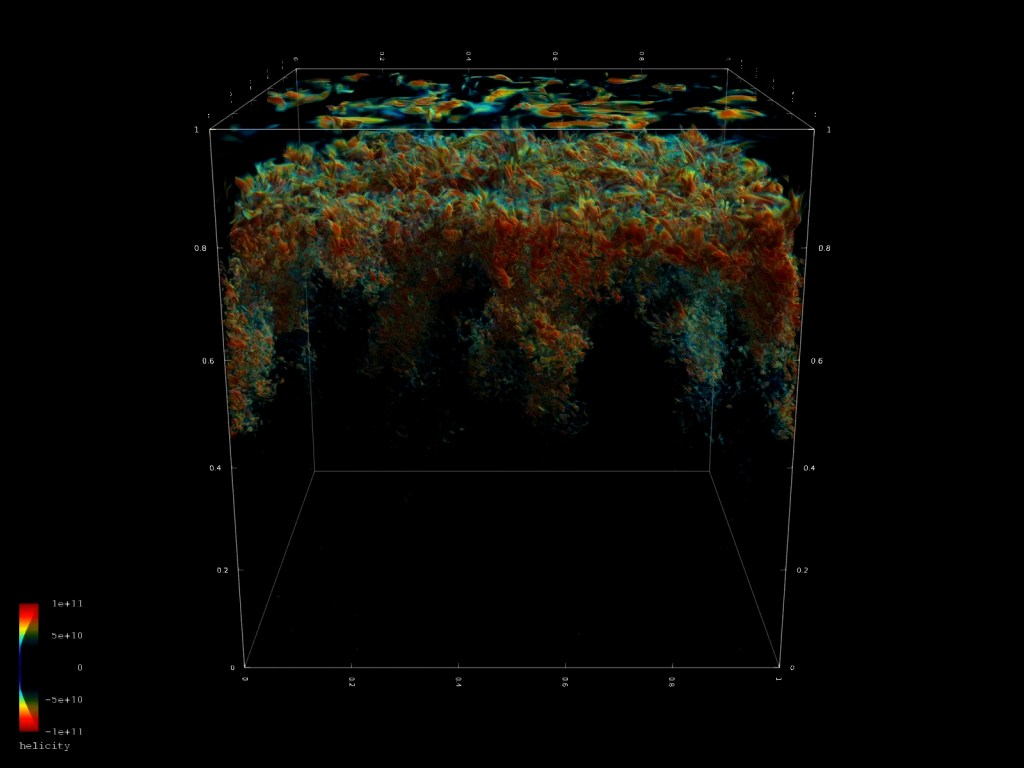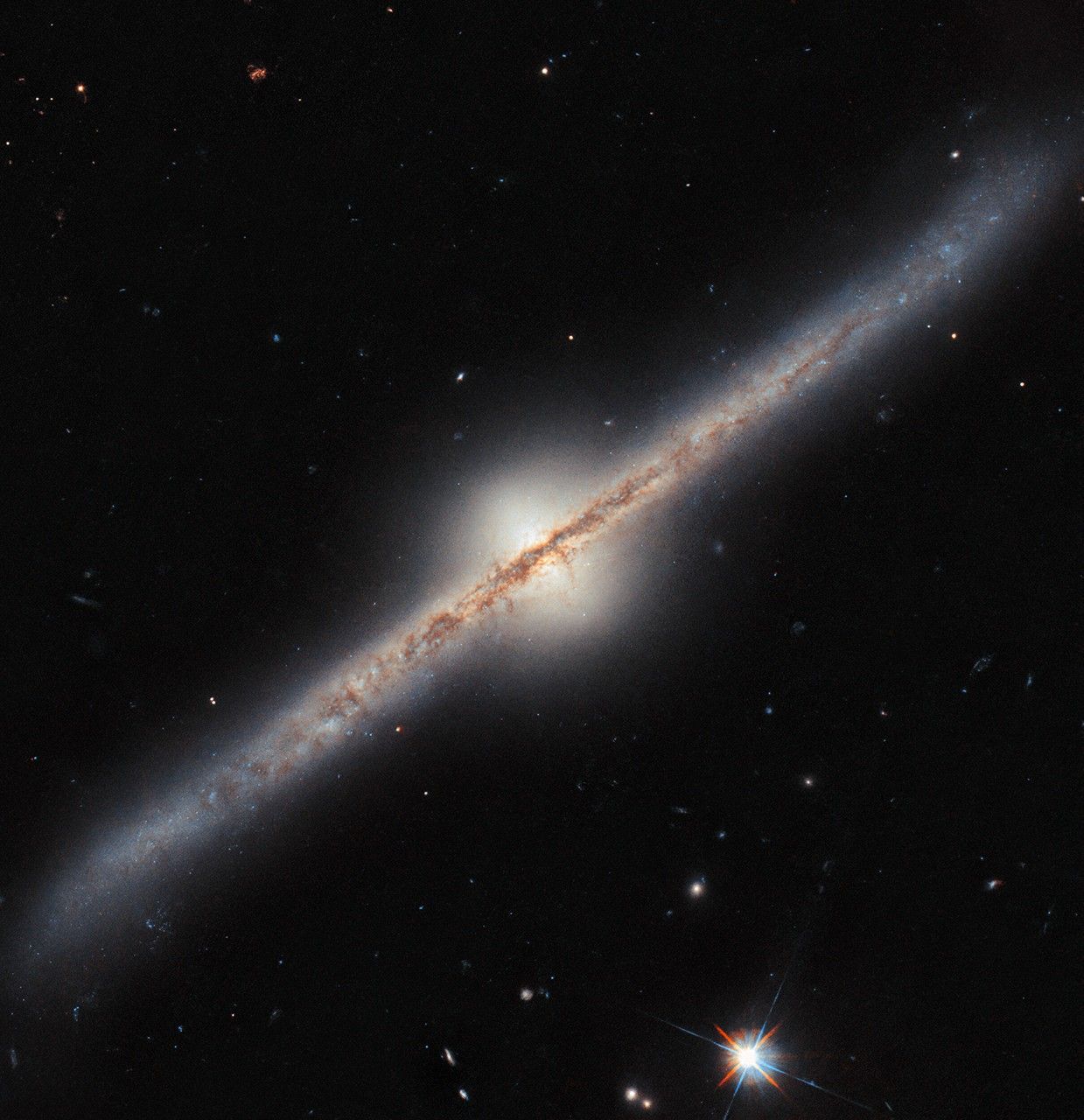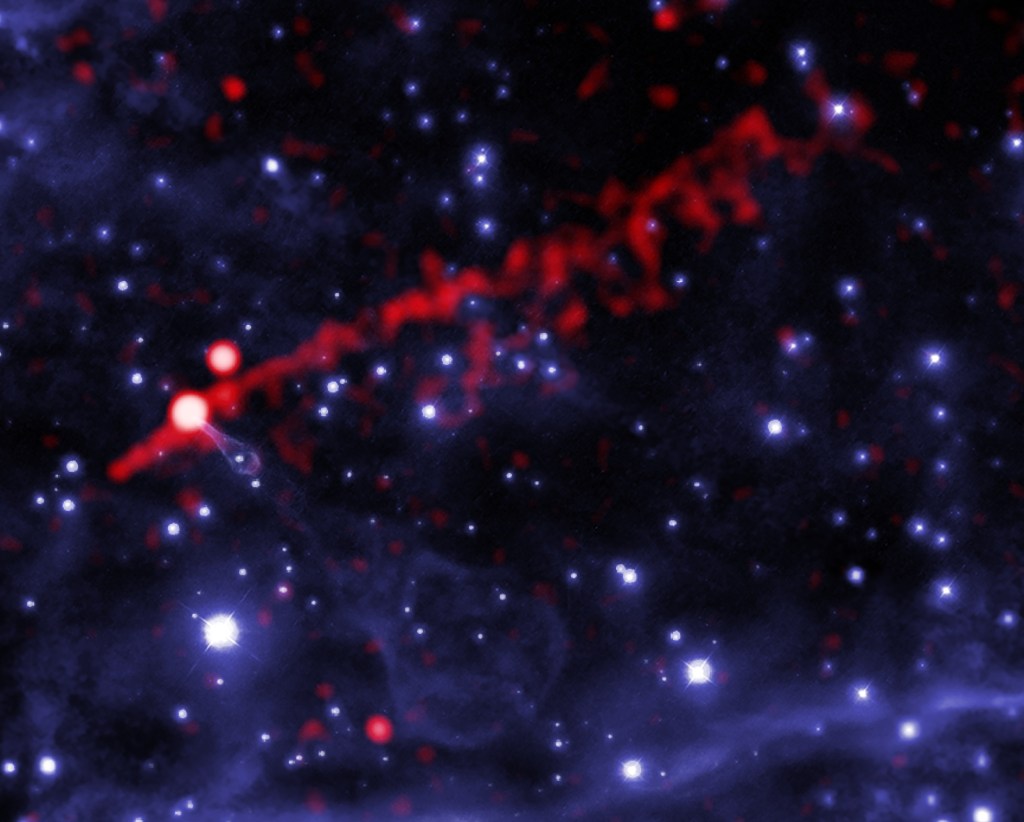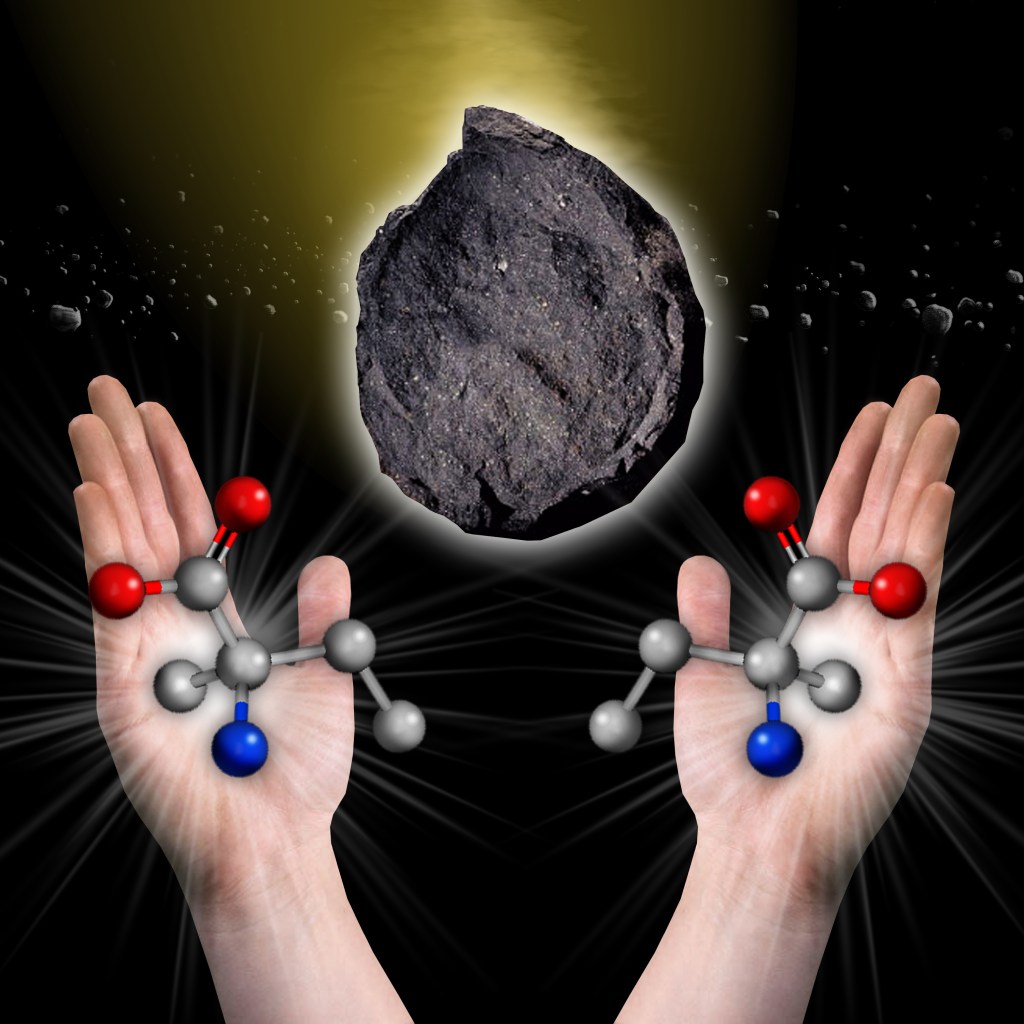Karen Feigh
Georgia Institute of Technology
NASA’s future missions will push the bounds of human-space exploration and challenge the mission designers and engineers to create automated systems that will enable the joint human-automation teams to operate more autonomously as they move further from terrestrially based mission control and the time lag of communication becomes a challenge. For future missions, the crew will need planning systems to meet as many mission objectives as possible given the constraints of crew and vehicle safety, and within the resource limitations inherent to their equipage. These systems must support not only creation of plans, but also their monitoring and active management, including adapting plans or re-planning completely in off-nominal conditions. Our proposed research on work representation addresses three intertwined challenges: (1) a formal representation of the work encompassed in the plan; (2) the interface for a human planner to reason about; and (3) computational methods to create and optimize plans which can potentially scale from focused, near-term off-nominal disturbance response to more strategic planning of larger sets of activities and longer durations. In this proposal, we propose to address each of the three challenges in a multi-disciplinary, integrated research program that addresses the four research areas listed in the proposal.





